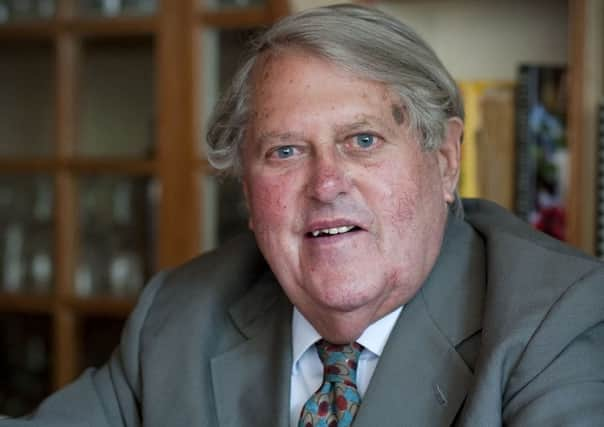Education pioneer and historian Lord Asa Briggs dies at 94


Yorkshire-born Lord Briggs of Lewes, 94, worked at the Second World War code-breaking station Bletchley Park before embarking on a glittering academic career as a leading specialist of the Victorian era.
He took a leading role in the extension of higher education, helping to set up the University of Sussex and the Open University and becoming president of the Workers Education Association.
Advertisement
Hide AdAdvertisement
Hide AdLord Briggs’s son-in-law Philip Preston told the Press Association the peer died peacefully at his home in Lewes, Sussex, on Tuesday.
He said: “He had an extraordinary life and was very much involved with the Open University in its very young days.”
University of Sussex vice-chancellor, Professor Michael Farthing, who was with Lord Briggs and his family the day he died, described him as “an extraordinary man” who had a “stellar career”.
He said: “He had a huge breadth in his life and he contributed to an enormous number of different universities, different ideas to his discipline of history, and on a much wider scale to higher education in general.
Advertisement
Hide AdAdvertisement
Hide Ad“He was a visionary and a dear friend, I shall miss him terribly.”
Born in Keighley, West Riding of Yorkshire, in 1921, he graduated with a double first from Sidney Sussex College, Cambridge.
When the Second World War came he signed up to the intelligence corps and received the call to join Bletchley Park in 1943, where he joined the top secret team who cracked the Enigma cipher code.
After the war Lord Briggs returned to his passion for history, and his career as an academic took him first to Worcester College, Oxford, where he was elected fellow, and on to Princeton in the United States, Leeds University and then Sussex University, which appointed him as their second Vice Chancellor.
Advertisement
Hide AdAdvertisement
Hide AdIn 1978 he was made Chancellor of the Open University and played a leading role in its development.
His main fields of interest were the social and cultural history of the 19th and 20th centuries and the history of broadcasting in Britain.
He leaves behind a wife, Susan, two sons, two daughters, and 14 grandchildren.
Lord Briggs, who was made a life peer in 1976 and sat as a crossbencher, wrote books spanning the history of broadcasting, Victorian England and an acclaimed autobiography recounting his days at Bletchley Park.
His academic output did not diminish with age, and he wrote four books since his 90th birthday, including a collection of poetry.